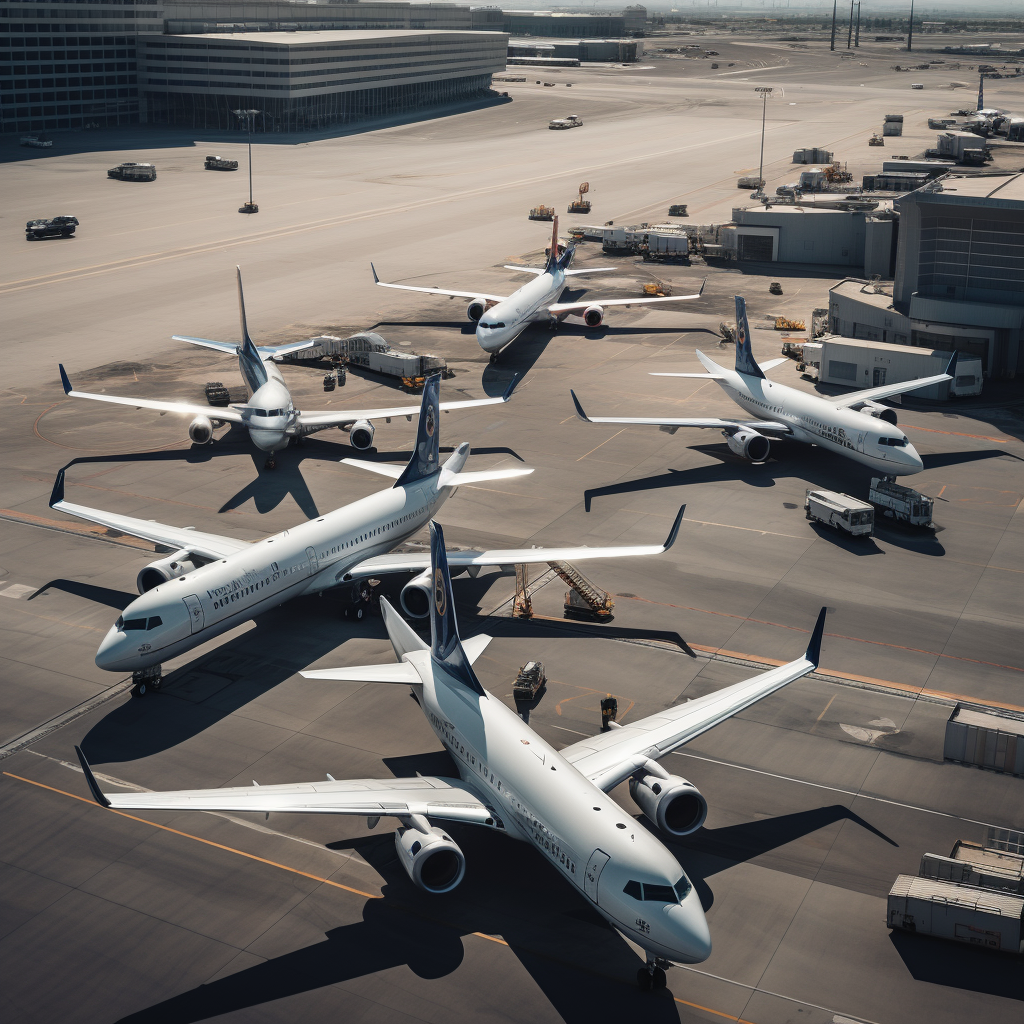June 26, 2023
Navigating the Future of Aviation – Challenges and Opportunities for Boeing and the Industry
Book a Demo
Boeing, one of the world’s leading aircraft manufacturers, has predicted a lucrative future for the aviation industry despite growing concerns about climate change. The company has projected a $8 trillion market for 42,595 jets in the next two decades, driven by the increasing demand for air travel, especially in emerging markets. However, this growth trajectory is not without its challenges.
As governments and international organizations step up their efforts to combat climate change, the aviation industry is under mounting pressure to reduce its carbon footprint. Shorter commercial flights, in particular, are likely to face scrutiny as governments prioritize greener transportation options. This could have a significant impact on airlines that rely on these routes for revenue.
To counter this trend, airlines are exploring ways to increase their productivity and efficiency. One approach is to use larger planes with denser seating patterns and more flight hours. However, this strategy may also lead to lower sales, as airlines may not need as many planes to meet their needs.
Despite these challenges, the global fleet is expected to double by 2042, growing faster than the global economy. Single-aisle jets like the 737 MAX and A320neo are projected to dominate the market, accounting for 76-80% of sales. These planes are seen as more fuel-efficient and cost-effective, making them attractive to airlines looking to maximize their profits.
As the aviation industry faces pressure to reduce its carbon footprint, airlines are urging governments to support sustainable aviation fuel development. Industry leaders argue that achieving the EU’s net-zero emissions goal by 2050 will require significant changes in the aviation sector, and airlines cannot afford to do it alone. They are calling on European taxpayers to fund clean flying initiatives to help the industry transition to a more sustainable future.
The aviation industry is poised for significant growth in the next two decades, driven by emerging markets and increasing demand for air travel. However, the industry must also address its environmental impact and adapt to changing market conditions. With the right policies and investments, the aviation sector can continue to thrive while also contributing to a more sustainable future.



